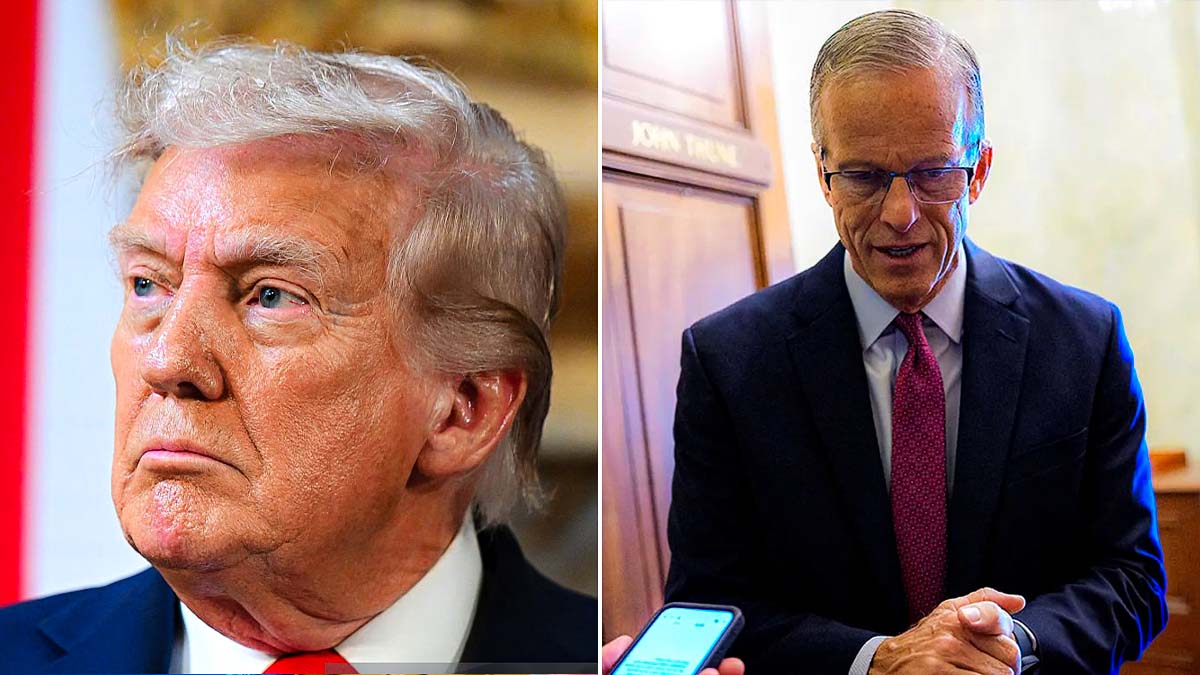U.S. Senate has rejected a temporary funding bill approved by the House of Representatives earlier this week, increasing the likelihood of a partial government shutdown starting October 1. The bill, a continuing resolution (CR) to fund federal operations through November 21, 2025, was favored by President Donald Trump as a straightforward measure to avoid a shutdown.
House Speaker Mike Johnson (R-La.) secured a narrow 217-212 victory in the House, but the Senate vote was 44-48, falling short of the 60 votes needed to overcome a filibuster. Only one Democrat, Sen. John Fetterman (D-Pa.), supported the bill, while two Republicans, Sens. Rand Paul (R-Ky.) and Lisa Murkowski (R-Alaska), joined Democrats in opposition, earning conservative criticism as “RINOs” (Republicans In Name Only).
The Senate standoff came after Democrats, led by Minority Leader Chuck Schumer, refused to support the bill without negotiations, demanding the inclusion of expiring Affordable Care Act (Obamacare) subsidies and the reversal of Medicaid cuts implemented under the Trump administration. Schumer accused Republicans of holding up government funding to push for what he called “leftist” policies. Senate Majority Leader John Thune countered, accusing Democrats of obstructing the process, which he described as a “clean” bill to prevent a shutdown.
The Senate then considered a Democratic counterproposal, which would extend funding through October 31 while restoring Obamacare subsidies and limiting Trump’s ability to impound funds through executive action. That bill also failed, 47-45, with Republicans dismissing it as a “dirty” partisan maneuver. Thune warned that without bipartisan negotiations, a shutdown was inevitable. House members, who return from a week-long recess on September 29, face a tight deadline.
The rejection of both bills has heightened concerns about a government shutdown, which could furlough hundreds of thousands of federal workers, halt non-essential services like national parks, and delay payments such as Social Security benefits. The economic impact is estimated at $1-2 billion per week, with small businesses, farmers, and families likely to be hit hardest.
Reactions on X (formerly Twitter) are polarized. MAGA supporters decry Democrats as “obstructionists,” while liberals accuse Trump of pushing for a shutdown to force spending cuts. Posts on X reflect sharp partisan divides, with some calling Trump a “shutdown president” and others urging a hardline stance against Democratic demands.
The path forward remains uncertain. Thune plans to revisit the GOP bill after the Senate’s Rosh Hashanah break on September 29, one day before the fiscal year deadline. Bipartisan talks are expected, but Trump’s influence and Democratic demands could prolong the impasse. House members will stay home unless a deal is reached.
